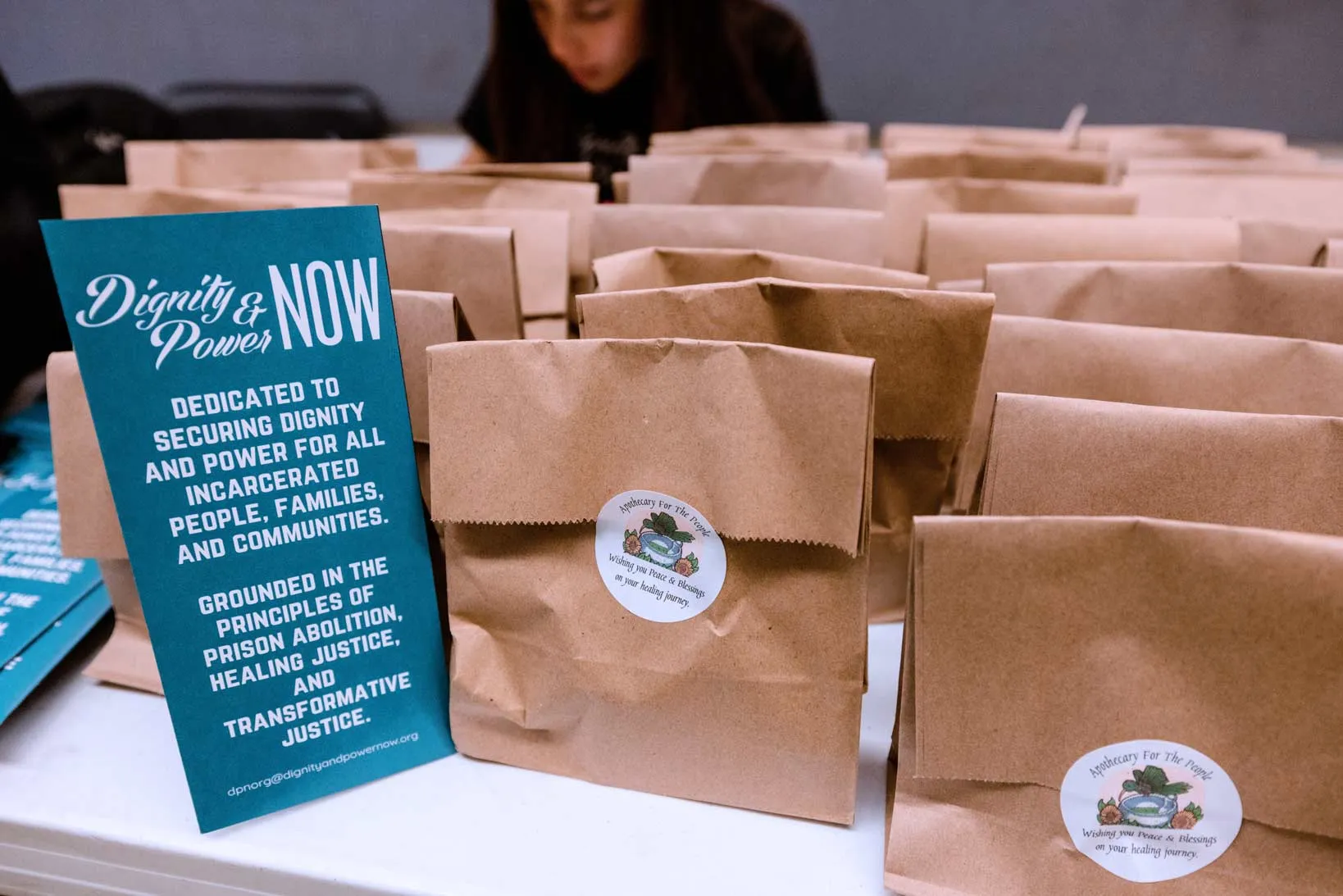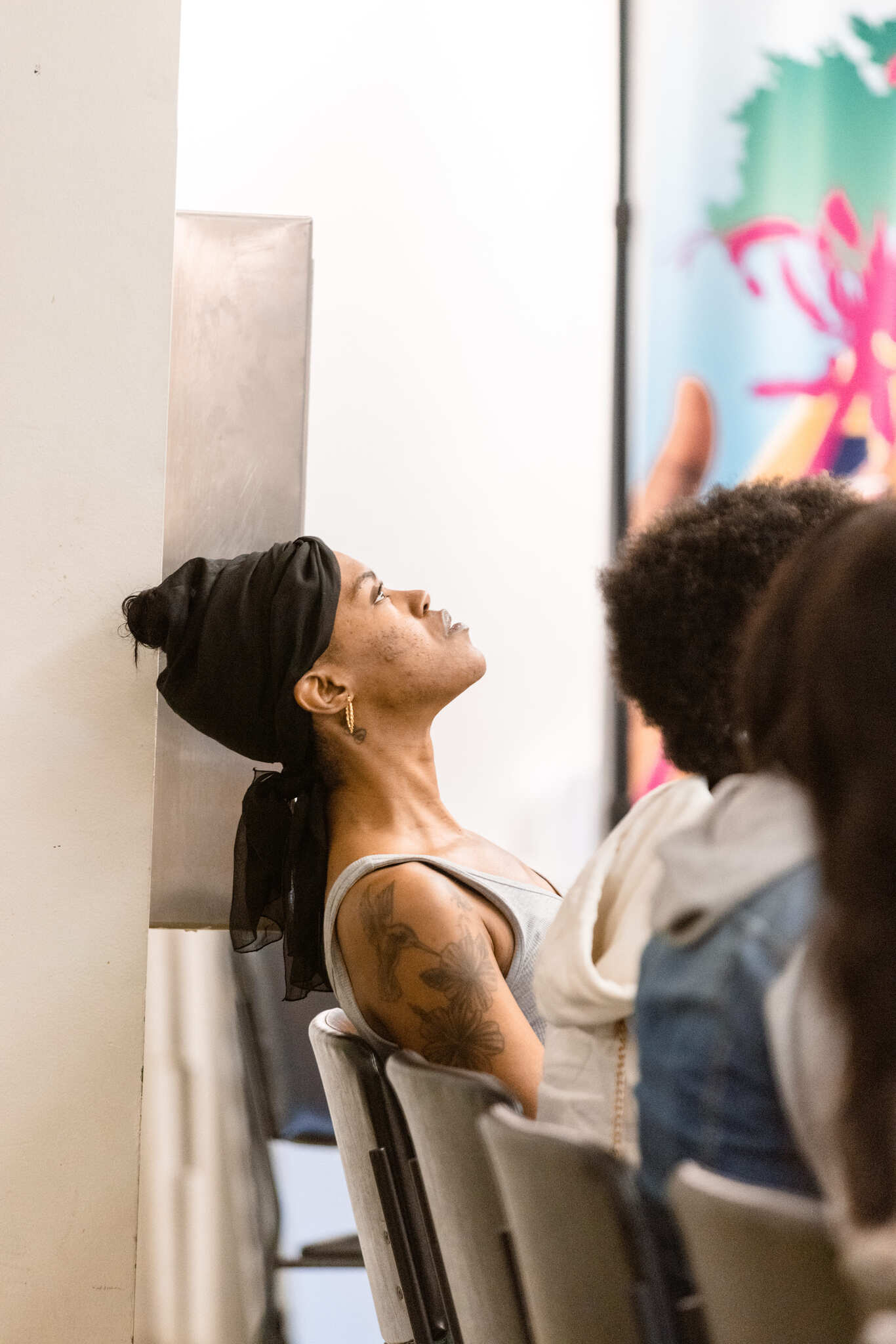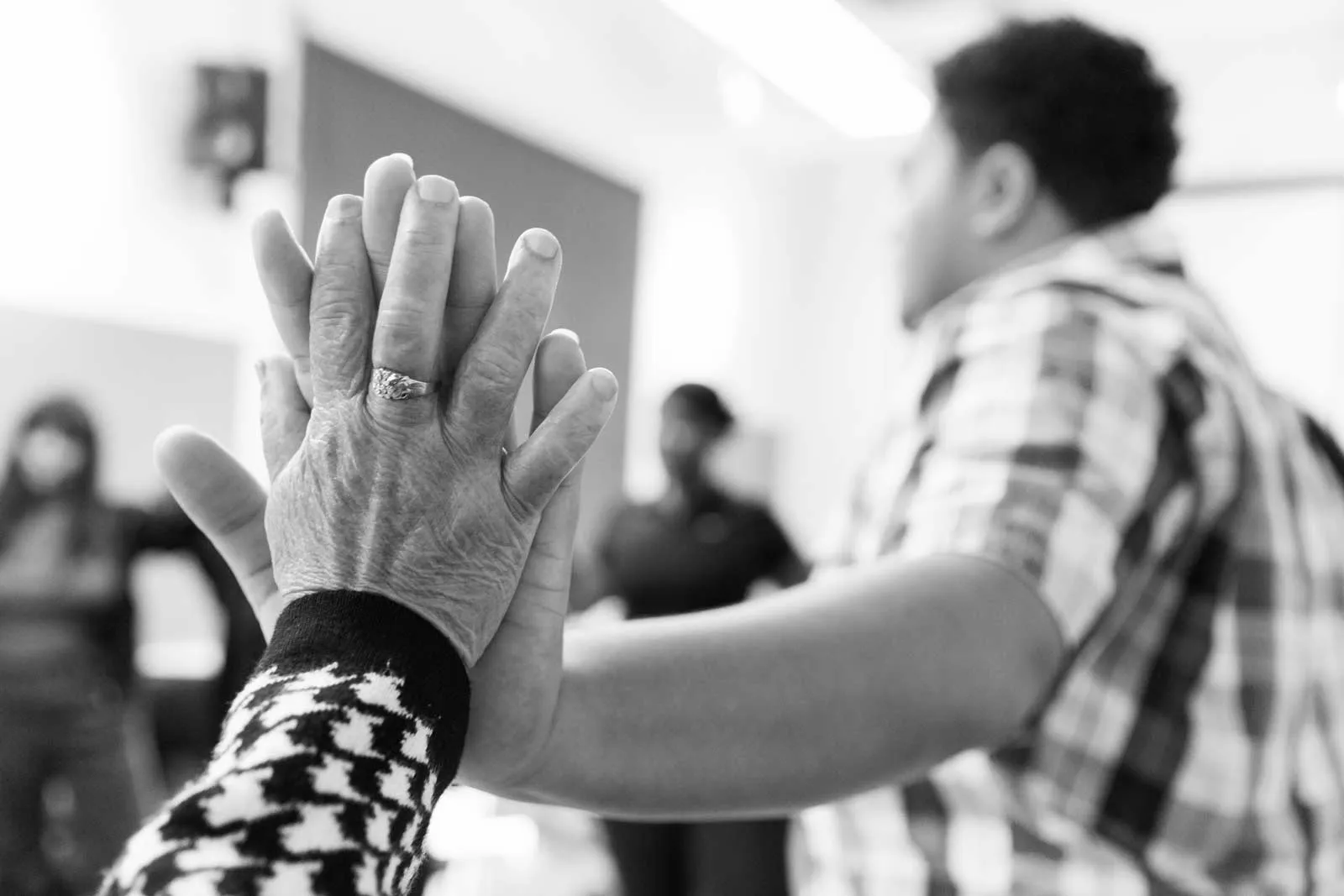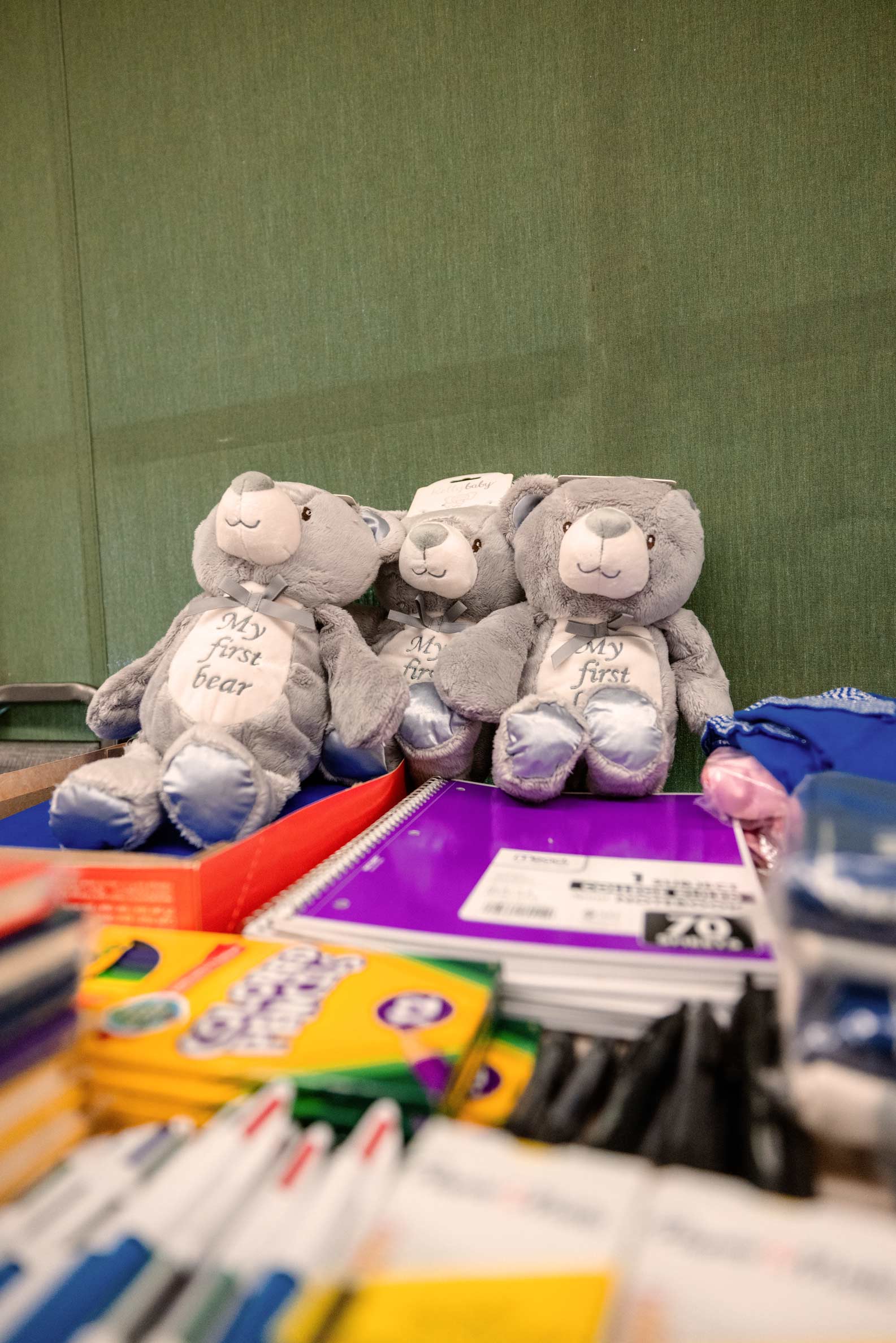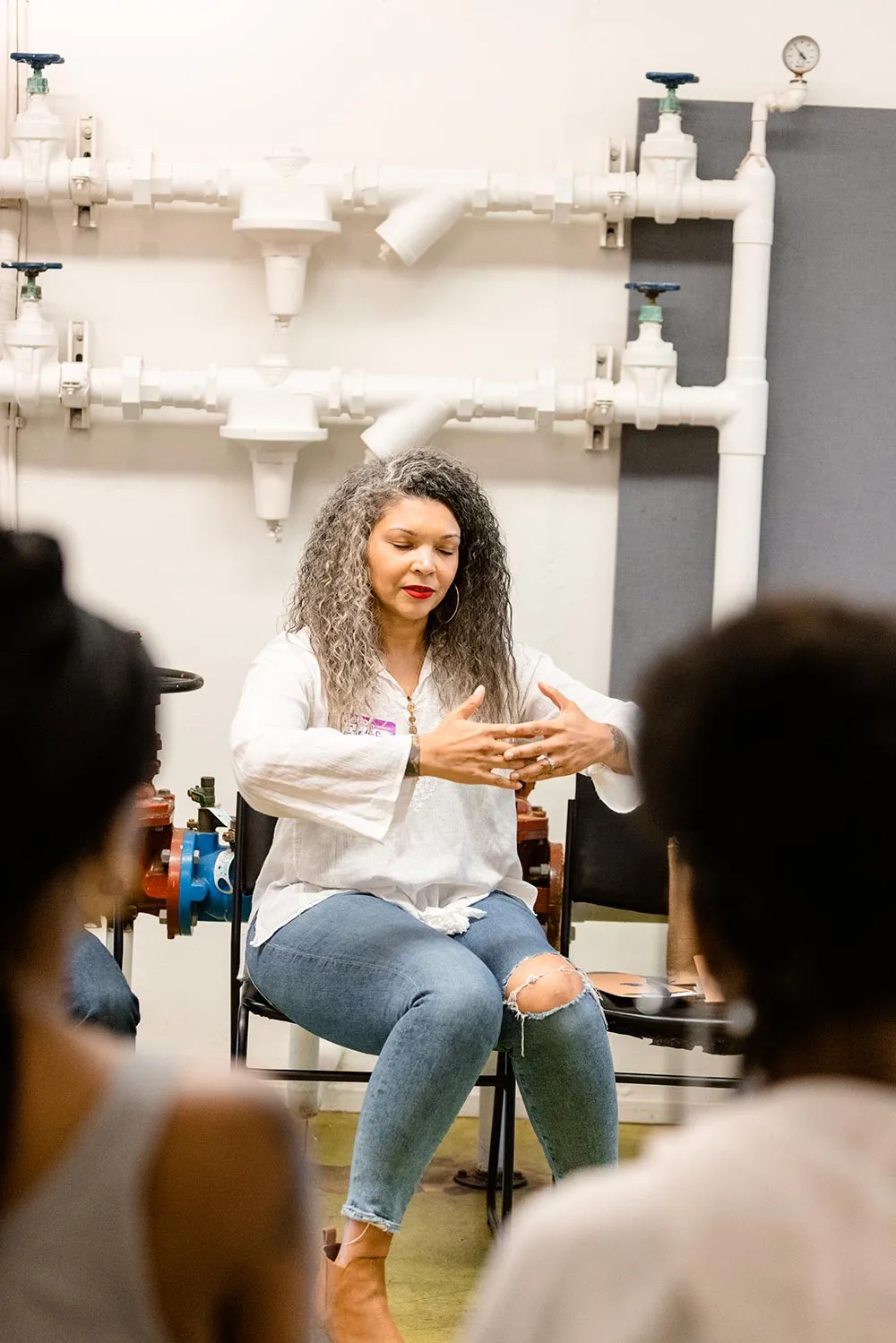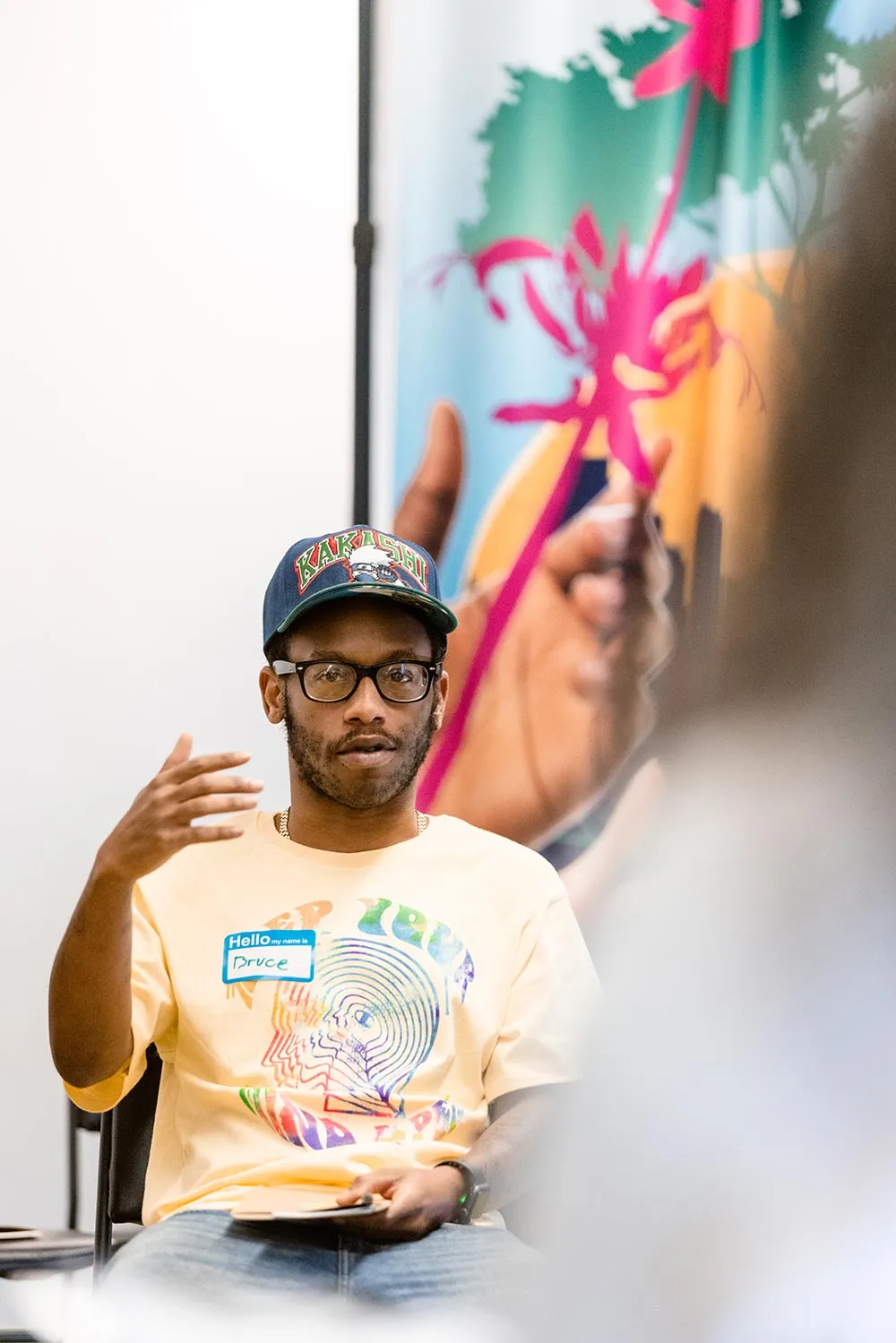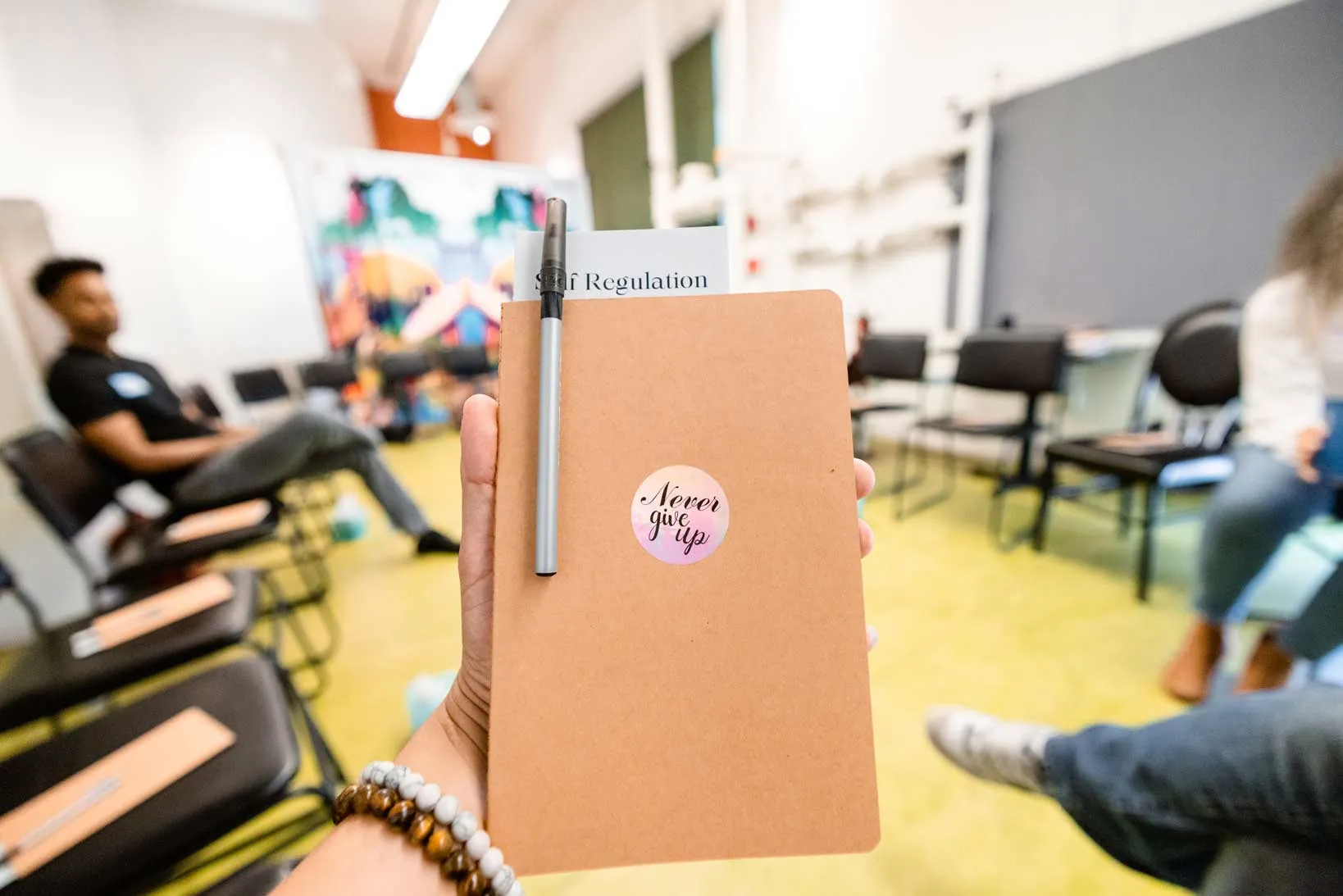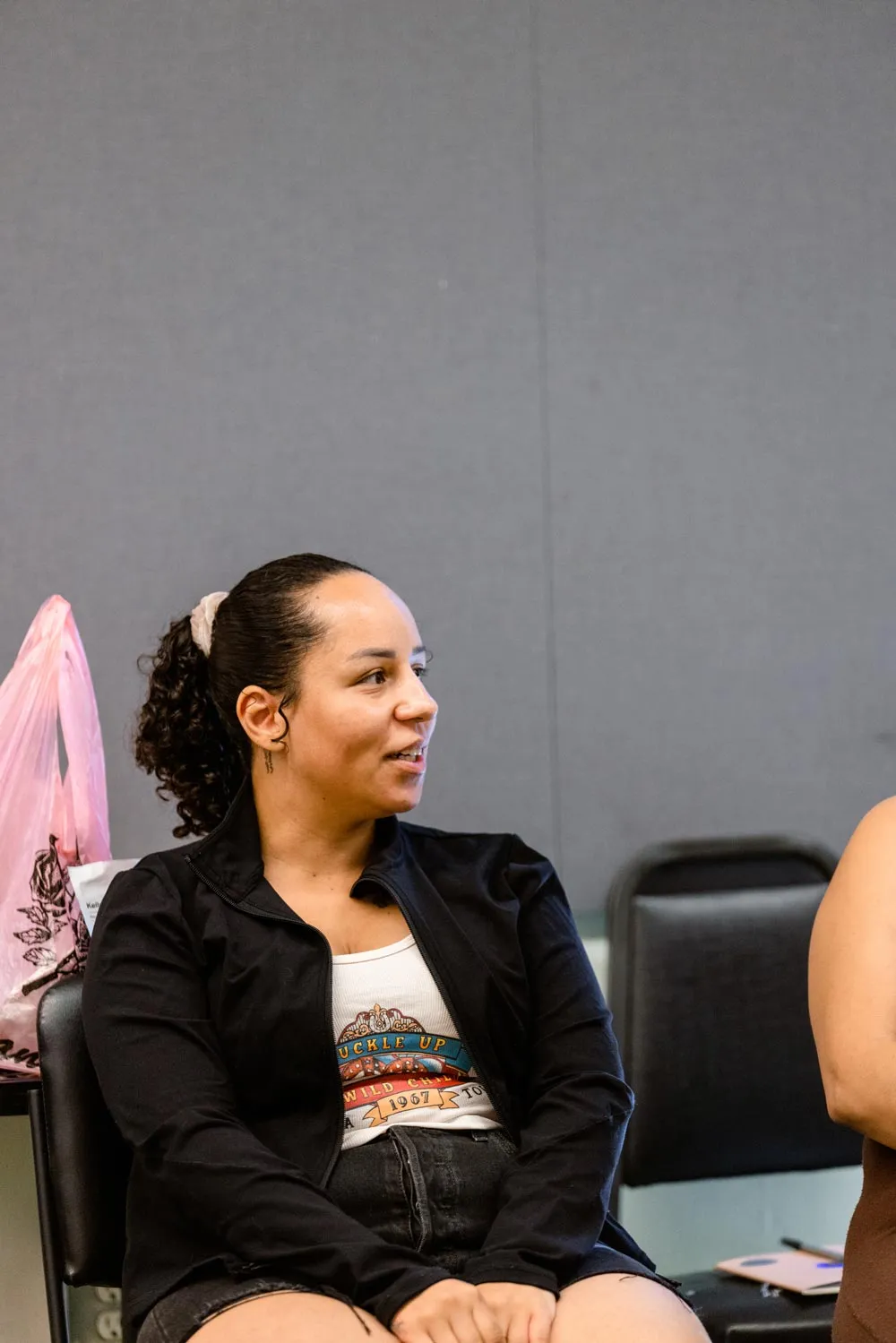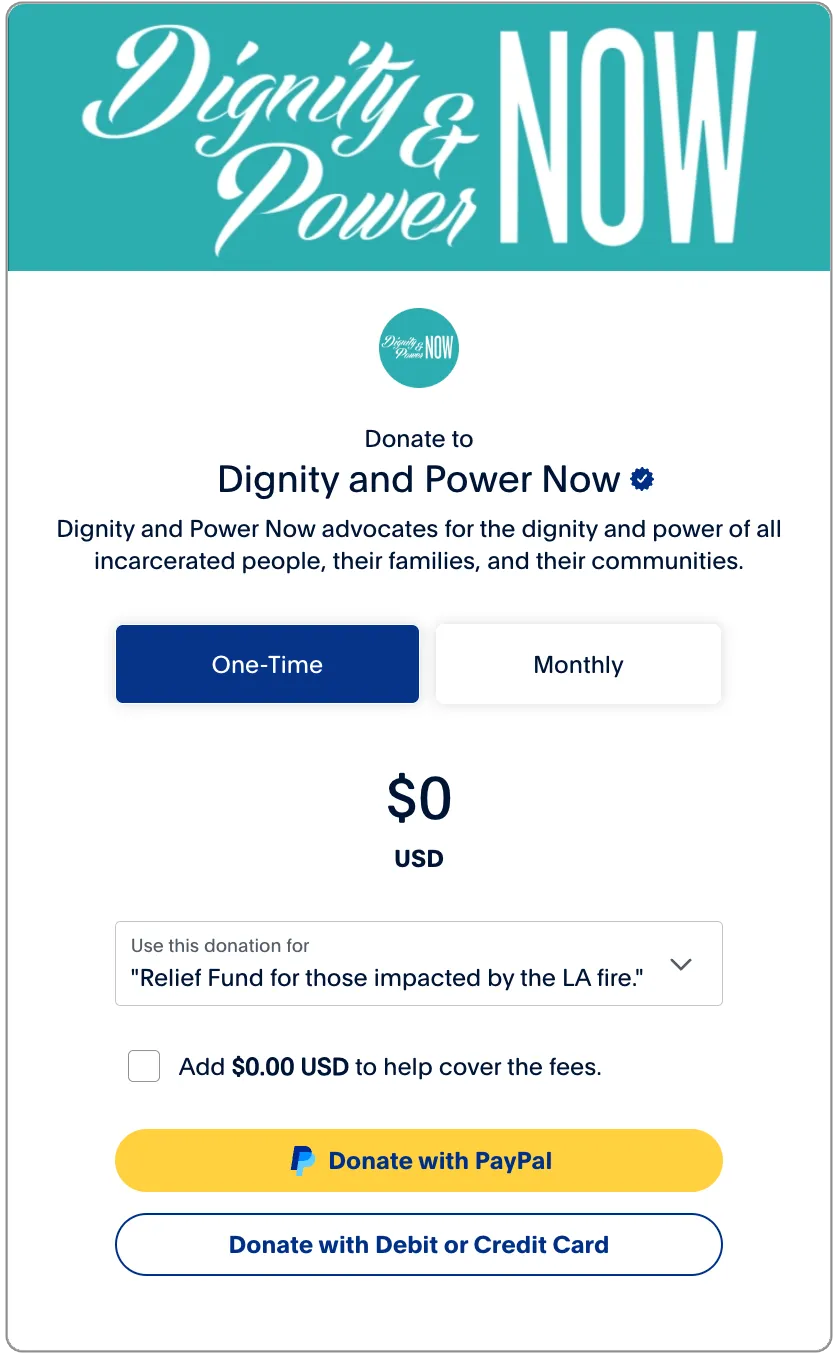PROJECT STOP THE LINE
Breaking the School-to-Prison Pipeline by Empowering Youth to Heal and Become Community Leaders
Dignity & Power Now's (DPN) Project Stop the Line was born from a community member-turned-organizer's deep commitment to address the gaps in support for her son while he was on parole.
PSL empowers youth to envision and build lives beyond the carceral system.
We are committed to providing support and guidance to youth aged 13-25 who have been impacted by police violence or are transitioning out of carceral settings. Our goal is to support their healing and growth, and to help them build brighter futures grounded in care, connection, and community.
PSL empowers youth to envision and build lives beyond the carceral system.
We are committed to providing support and guidance to youth aged 13-25 who have been impacted by police violence or are transitioning out of carceral settings. Our goal is to support their healing and growth, and to help them build brighter futures grounded in care, connection, and community.
Mentorship and Support:
PSL provides individualized mentorship to help youth access resources in their communities.
Breaking the School-to-Prison Pipeline:
Our programming addresses the root causes of incarceration by mitigating the effects of poverty, hunger, and lack of resources.
Trauma Healing:
We take a holistic approach to helping youth heal from past traumas and guiding them toward a path of personal growth.
Community Engagement and Activism:
PSL offers opportunities for youth to engage in canvassing, community support, and political activism to build collective power.
Holistic Wellness Activities:
Youth are exposed to breathwork, nature-based healing, and creative workshops that support emotional and spiritual wellness.
Youth Research Lab:
In partnership with educational and community partners, PSL participants gain hands-on experience and conduct research on the carceral systems that target and affect them.
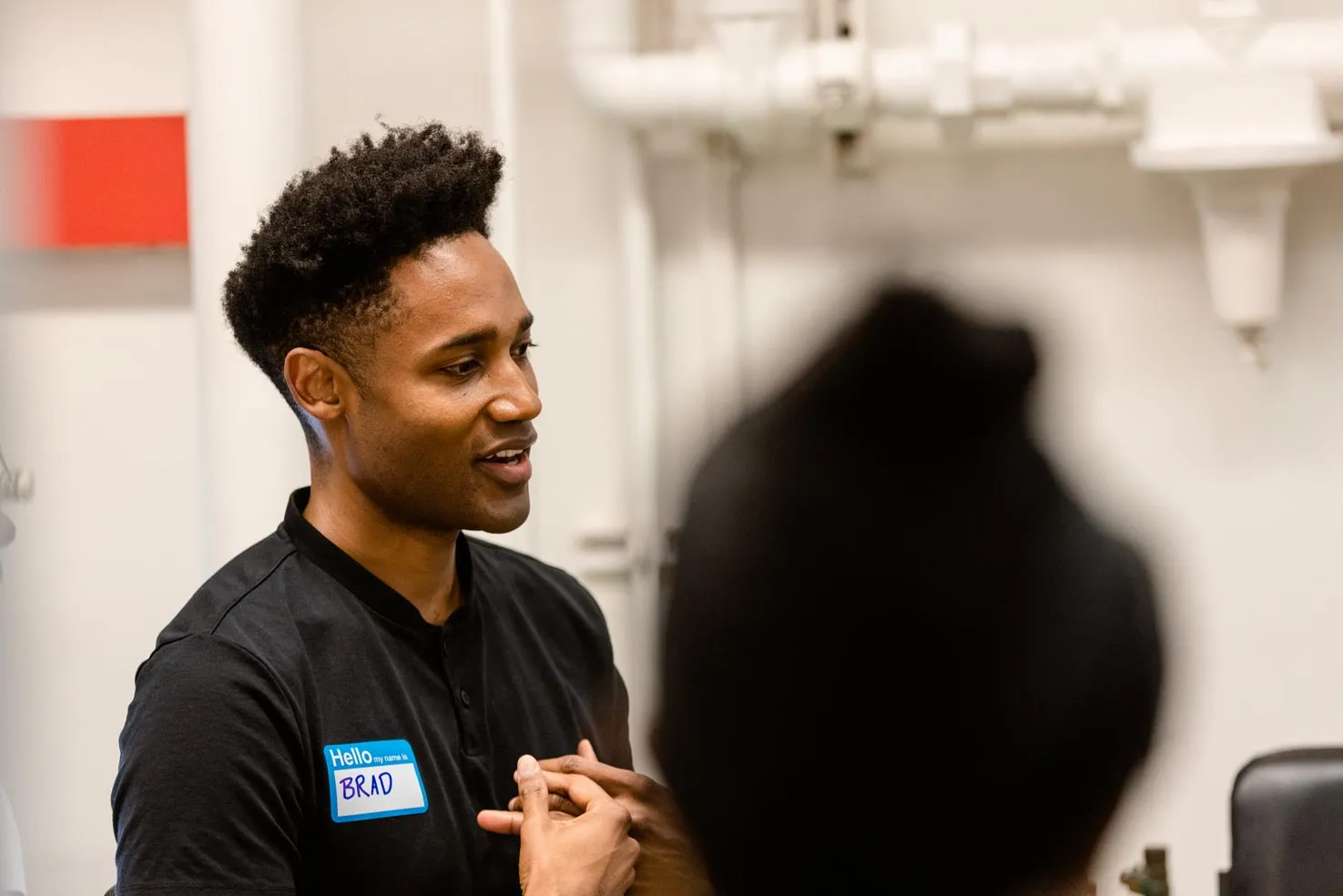
Youth Mentorship, Healing, and Liberation
Be part of a community-led effort to disrupt the school-to-prison pipeline. Project Stop the Line supports youth ages 13–25 that have been impacted by incarceration and police violence through mentorship, healing, and leadership opportunities.
To learn more about Project Stop the Line, please contact Helen Jones, DPN Senior Campaign Lead at helen@dignityandpowernow.org.
To learn more about Project Stop the Line, please contact Helen Jones, DPN Senior Campaign Lead at helen@dignityandpowernow.org.
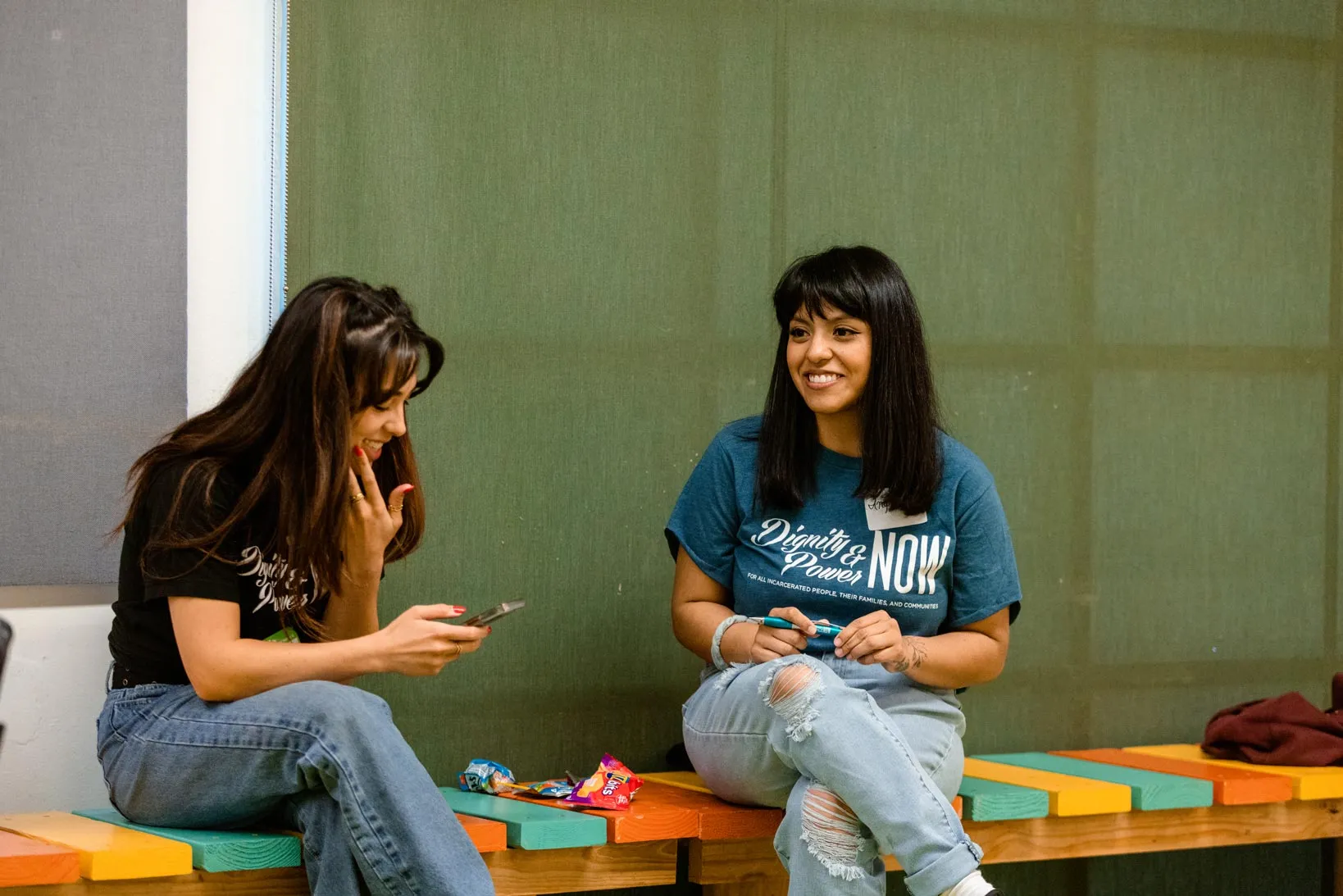
Share your time, skills, and care with system-impacted youth
Partner with Project Stop the Line to uplift youth impacted by the carceral system through mentorship, community events, healing programming, and skill-sharing.
To learn more about Project Stop the Line, please contact Helen Jones, DPN Senior Campaign Lead at helen@dignityandpowernow.org.
To learn more about Project Stop the Line, please contact Helen Jones, DPN Senior Campaign Lead at helen@dignityandpowernow.org.
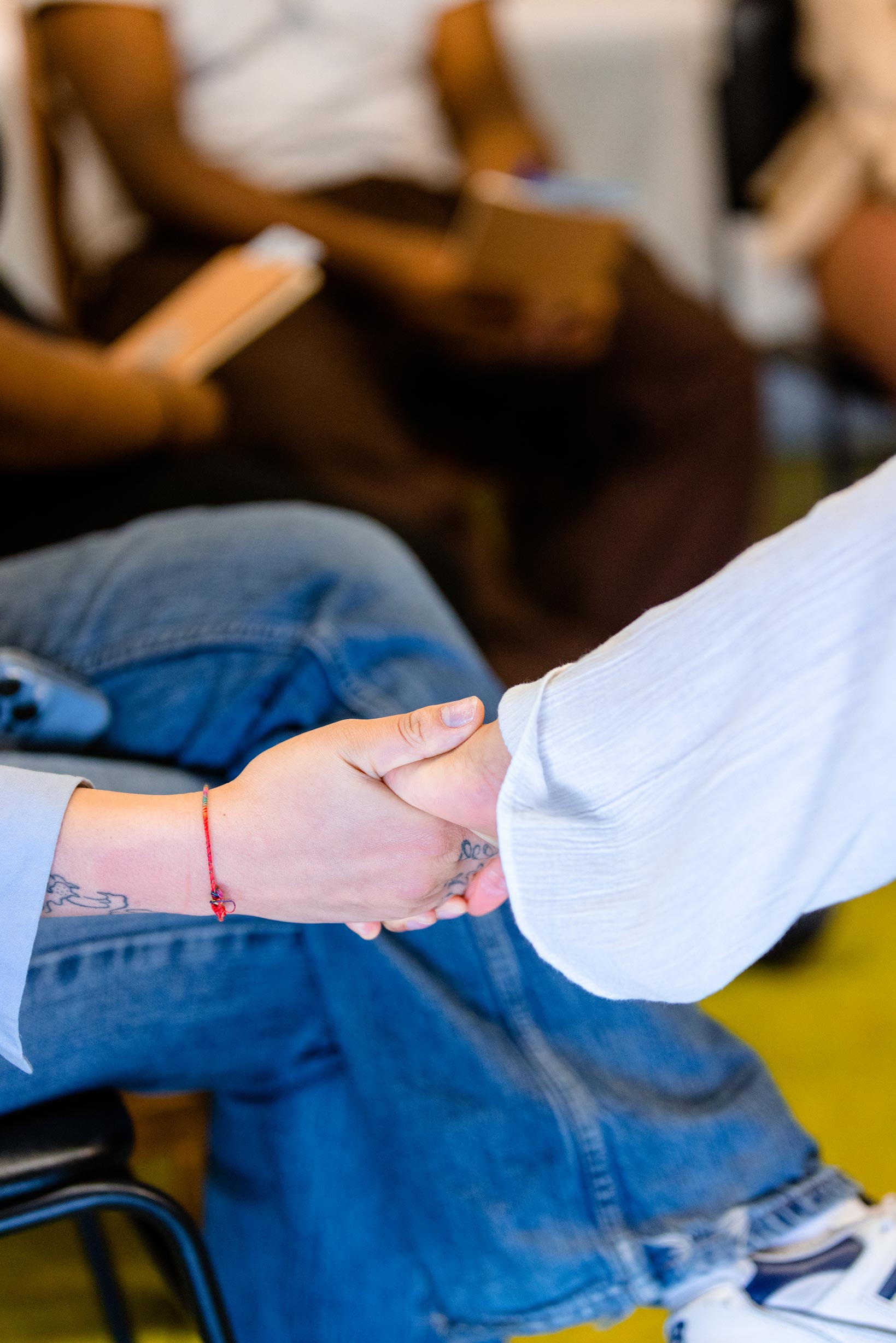
Project Stop the Line has helped system-impacted youth gain access to healing, employment, political education, and community power.
These young adults are stepping into leadership, transforming their lives, and breaking cycles of trauma and incarceration. PSL recently brought on 5-7 youth to conduct research in partnership with UCLA’s Carceral Ecology Lab.
HELP US BREAK THE SCHOOL-TO-PRISON PIPELINE
Your gift provides healing, hope, and opportunity for impacted youth.
Supporting PSL helps our participants access critical resources, avoid incarceration, and build pathways toward a liberated, self-determined future.
To learn more about Project Stop the Line, please contact Helen Jones, DPN Senior Campaign Lead at helen@dignityandpowernow.org.
Supporting PSL helps our participants access critical resources, avoid incarceration, and build pathways toward a liberated, self-determined future.
To learn more about Project Stop the Line, please contact Helen Jones, DPN Senior Campaign Lead at helen@dignityandpowernow.org.
-1.svg)


